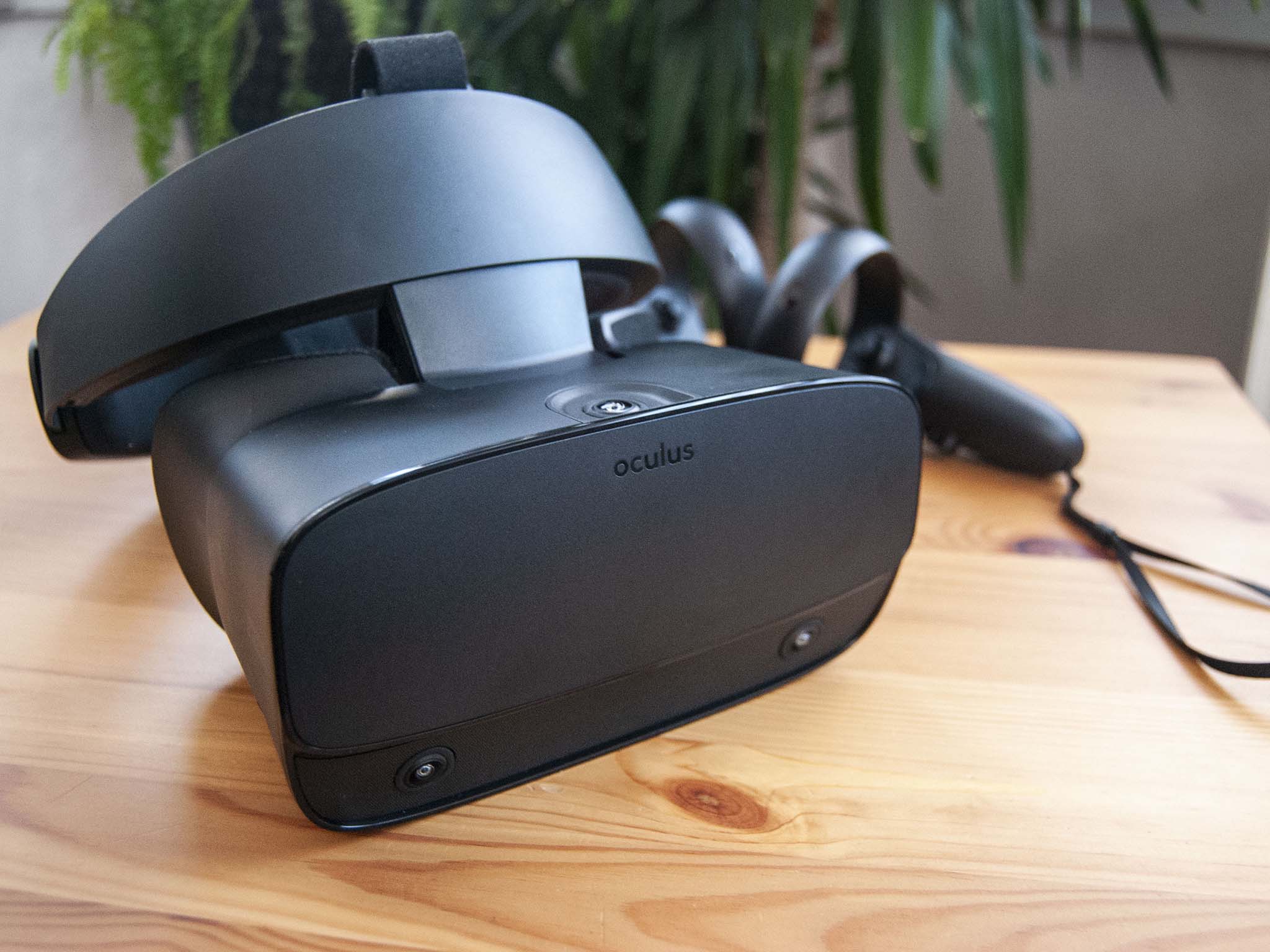Moving the industry toward the accepted open standard.
What you need to know
- Oculus is deprecating its proprietary Oculus PC APIs in favor of the OpenXR format starting August 31, 2021.
- All support for these older APIs will end on August 31, 2022.
- New Oculus features will be delivered via OpenXR plug-ins, meaning developers will need to move to these APIs to support future headsets and Oculus updates.
Facebook announced today on the Oculus developers blog that it's finally deprecating its old proprietary Oculus APIs in favor of using the OpenXR standard moving forward. This move has been building steam since the Oculus Quest began supporting the OpenXR platform last July and is now in line with Steam's move to the OpenXR platform last year.
To simplify what's happening, here's a breakdown of the process. An application programming interface, or API, is a piece of software that connects software and hardware together. In this case, Oculus APIs allow developers to create VR games and applications for Oculus-branded headsets, supporting the unique features that those headsets might have. Starting with Oculus software v31 — which launched this week — new Oculus features will be developed via OpenXR instead of Facebook's own Oculus language.
Going forward, this is very positive news for the industry, as a whole. A move from a proprietary platform to an open one is almost never a negative and it generally means that developers should have an easier time developing for all of the best VR headsets instead of having to target a specific one. The OpenXR standard was designed by the Khronos Group — the same non-profit group that's responsible for the Vulkan programming language that offers performance benefits for games like Valheim — and was meant to connect the dots between all the VR headsets and gaming engines that are on the market.
What's not known at this point is how older games and headsets will be affected by the move. Facebook is moving these proprietary APIs to "Compatibility Support" on August 31, 2021. Furthermore, Facebook is officially ending support for proprietary Oculus APIs just one year later — that's August 31, 2022. This likely means that developers will need to move their existing games to the OpenXR API over the course of the next year or face possible incompatibilities with new headsets, moving forward.






0 comments:
Post a Comment